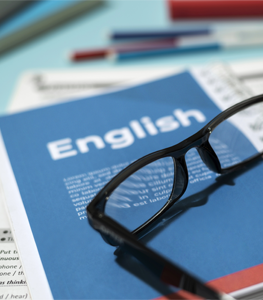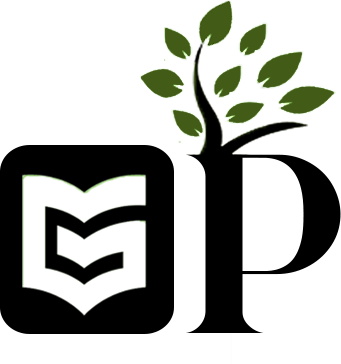Online Tutoring for English (Year-12)

Welcome to our Year 12 English tutoring program! Genius Petals You can practice your communication and comprehension abilities in Year 12 English Standard, which will help you interact with and respond to a wide range of texts and text kinds that you will encounter during your HSC.
- Your capacity to respond to and construct complex texts, as well as your ability to use language to generate meaning according to the necessary purpose, audience, and context, will improve with Year 11 English Standard.
- We will help you develop your critical, creative, and analytical English language abilities.
- You’ll be well-prepared for your preliminary exams if you’ve done a lot of writing practice on all kinds of questions.
Course Content
Reading, Writing, and Comprehension – Language, Literature and Literacy
Summarizing some important topics below ( the actual Curriula contains more than these topics)
- Explaining the ways language features, text structures and conventions communicate ideas and points of view
- Analysing how vocabulary, idiom and rhetoric are used for different purposes and contexts
- Evaluating the impact of description and imagery, including figurative language
- Using appropriate form, content, style and tone for different purposes and audiences in real and imagined contexts
- Using strategies for planning, drafting, editing and proofreading
- Using accurate spelling, punctuation, syntax and metalanguage.
- Investigating the impact and uses of imaginative, interpretive and persuasive texts.
- Evaluating similarities and differences between hybrid texts
- Analysing the ways language features, text structures and stylistic choices shape points of view and
- Influence audiences
- Analysing how attitude and mood are created, for example, through the use of humour in satire and parody.
- Analysing changing responses to texts over time and in different cultural contexts.
- Using imaginative, interpretive and persuasive elements for different purposes, contexts and audiences
- Using accurate spelling, punctuation, syntax and metalanguage.
- Evaluating the effectiveness of texts in representing ideas, attitudes and voices
- Analysing the techniques and conventions used in different genres, mediums and modes
- Transforming and adapting texts for different purposes, contexts and audiences
- Using and experimenting with text structures and language features related to specific genres for particular effects
- Explaining how meaning changes when texts are transformed into a different genre or medium
- Analysing content, purpose and choice of language
- Exploring other interpretations and aspects of context to develop a considered response.
- Using accurate spelling, punctuation, syntax and metalanguage.
And much more …. Genius Petals’ Tutors always focus on teaching more than the prescribed Syllabus to prepare the students for Competitive exams and make their journey smoother…Like we believe and always focus on ‘’Transforming Learning into Brilliance’’ !!
